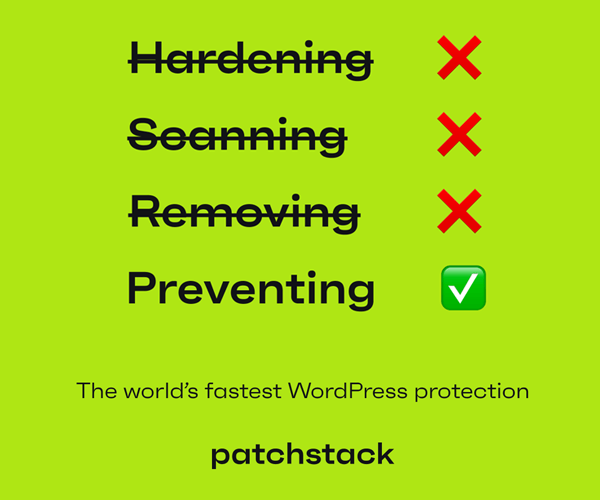WordPress AI Team Publishes First Roadmap Focused on Developer Tools and Infrastructure


The WordPress AI Team has wasted no time finding its feet, publishing its first technical roadmap this week with four projects aimed at supporting AI development and integration across the WordPress ecosystem.
“I am so excited to share our roadmap and approach for AI + the @WordPress Project,” posted Automattic’s James LePage on X yesterday. “The team published a series of articles detailing what we’re building, why, and how you can get involved.”
Dubbed “AI Building Blocks,” LePage says the aim for the four modular projects is to standardize how AI features are developed, integrated, and scaled across WordPress:
- PHP AI Client SDK: A provider-agnostic developer SDK for interacting with LLMs and other AI tools. It’s designed to eliminate duplicated infrastructure across plugins and give users a central place to manage credentials. “Developers can focus on building AI features, not AI infrastructure,” says Felix Arntz, a Google-sponsored core committer and co-founder of the WordPress Core Performance Team.
- Abilities API: A registry for making WordPress functionality machine-readable. Any plugin or theme will be able to declare what it can do, turning WordPress into something AI systems can actually understand and interact with. “When the ecosystem adopts this pattern, WordPress transforms from isolated functionalities into an interconnected system,” says LePage.
- MCP Adapter: A protocol adapter that allows AI assistants like Claude or ChatGPT to interact with WordPress sites using the open Model Context Protocol. Google-sponsored core committer Pascal Birchler, who led the “WP-CLI as an MCP Host” project at the CloudFest Hackathon in March, says the goal is two-way integration: exposing WordPress functionality to external tools, and eventually, connecting WordPress to other MCP-compatible services. “The future of WordPress is one where sites and AI assistants work together as partners,” he says. “The MCP Adapter is making that future possible today.”
- AI Experiments Plugin: A plugin, much like the Core Performance Team’s Performance Lab plugin, that ties everything together. It will give developers a place to test new experiments, from workflow builders and embedded agents to WP-CLI support. Jeffrey Paul, 10up’s Director of Open Source, describes it as “a laboratory for experimentation” that could evolve into a full-fledged feature plugin over time.
The roadmap arrives as planning gets underway for WordPress 6.9, now scheduled for release on December 2. At last week’s core committers meeting with project leadership, there was early support for a canonical AI plugin focused on backend infrastructure like the Abilities API, not end-user features. The AI Team’s proposals meet that brief, offering shared tooling, protocol adapters, and APIs designed for use now, without locking anything into Core before it’s ready.
Since forming in May, the AI Team has prioritized infrastructure over features. Their approach — canonical first, Core when ready — leans on Composer packages and separates platform-agnostic code from WordPress-specific components.
The work also ties into Phase 3 of the Gutenberg roadmap, which focuses on real-time collaboration. LePage has outlined how the AI Building Blocks could support features like AI-assisted commenting in the editor, where an agent might respond to feedback or propose content revisions. In this model, collaboration wouldn’t be just between humans, but between humans and AI.
Other possible applications, according to LePage, include intelligent workflow automation in the new Site Admin interface, multimodal media search, automated captioning and alt text generation, and tools that group or enhance media content based on context. While these features haven’t been proposed for Core, LePage says the focus is on building the infrastructure that makes these kinds of capabilities possible.
“By WordPress version 7.0, any WordPress user – enterprise or blogger, developer or designer – should be able to access, use, and build powerful AI features to aid in furthering their digital presence on the open web,” LePage says.
The team is actively seeking feedback via GitHub, the #core-ai channel on WordPress Slack, and upcoming Hallway Hangouts.
Image credit: Nilo Vélez.
The post WordPress AI Team Publishes First Roadmap Focused on Developer Tools and Infrastructure appeared first on The Repository.



